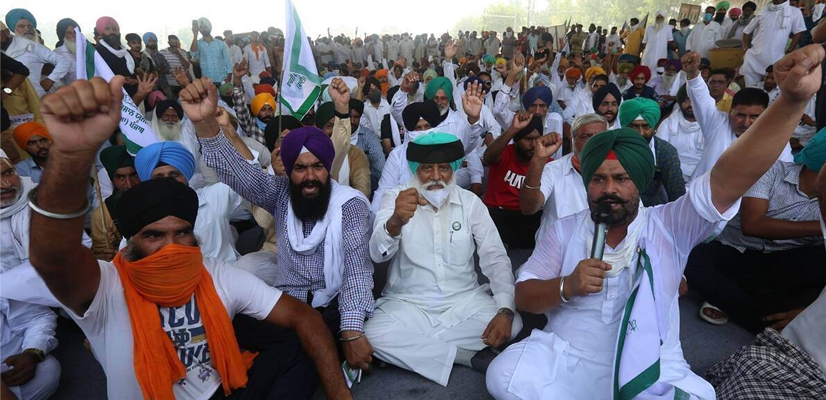The farmers’ protests affected trade and other economic activities worth Rs 5,000 crore during the past month of December. In this count, most of the farmers were from the northern states of Punjab and Haryana, and have been protesting against three farm reforms that were approved into law last year.
Those measures are awaited to chip away some of the rules that have protected Indian farmers for years and would subject them to unfettered free-market mechanisms where private players are looking to have a greater role.
Several rounds of meetings between the government and farmer representatives have proved to be indecisive. The next round of meetings was scheduled. Media reports indicate farmers have called for a country-wide strike.
As the honorable Prime Minister has mentioned in two speeches of last year, the fact that reforms are something that is extremely important for India to step into this century and that the old laws cannot actually help in growing the economy.
The CAIT held a meeting with heads of sectors of the economy related to agriculture, calling on farmers to sort out their issues by talking to the government, and also called on the Centre to hear from the farmers.
The leader’s pity with the legitimate request of the farmers saying that it was necessary to convert the deficit farming to profit farming and to encourage common farmers to continue in a better way.
Economists normally agree that India’s agricultural sector requires reforms to reduce the too much production of certain crops, which lowers the sector’s competitiveness.
But some point out that the farmers’ discussion is still required to be addressed. Particularly, there needs to be appropriate search and balances to ensure that the greater involvement of the private sector does not harm farmers’ interests.
The government has restated that minimum support price (MSP) in the farming sector would remain and that government procurement would carry on. MSPs are necessarily a safety net given by the government in case of price drop for certain crops, mainly rice and wheat.
The government would guarantee a certain cost to farmers in any way of market conditions and government agencies would buy some of those crops at that cost.
The reforms also come at a time when the Indian economy came into a technical recession two consecutive quarters of contraction for the first time in 10 years. The COVID-19 pandemic caused a national lockdown between late-March and May that led to a collapse in private consumption and investment demand. It also led to significant job losses, which further curtailed spending.




